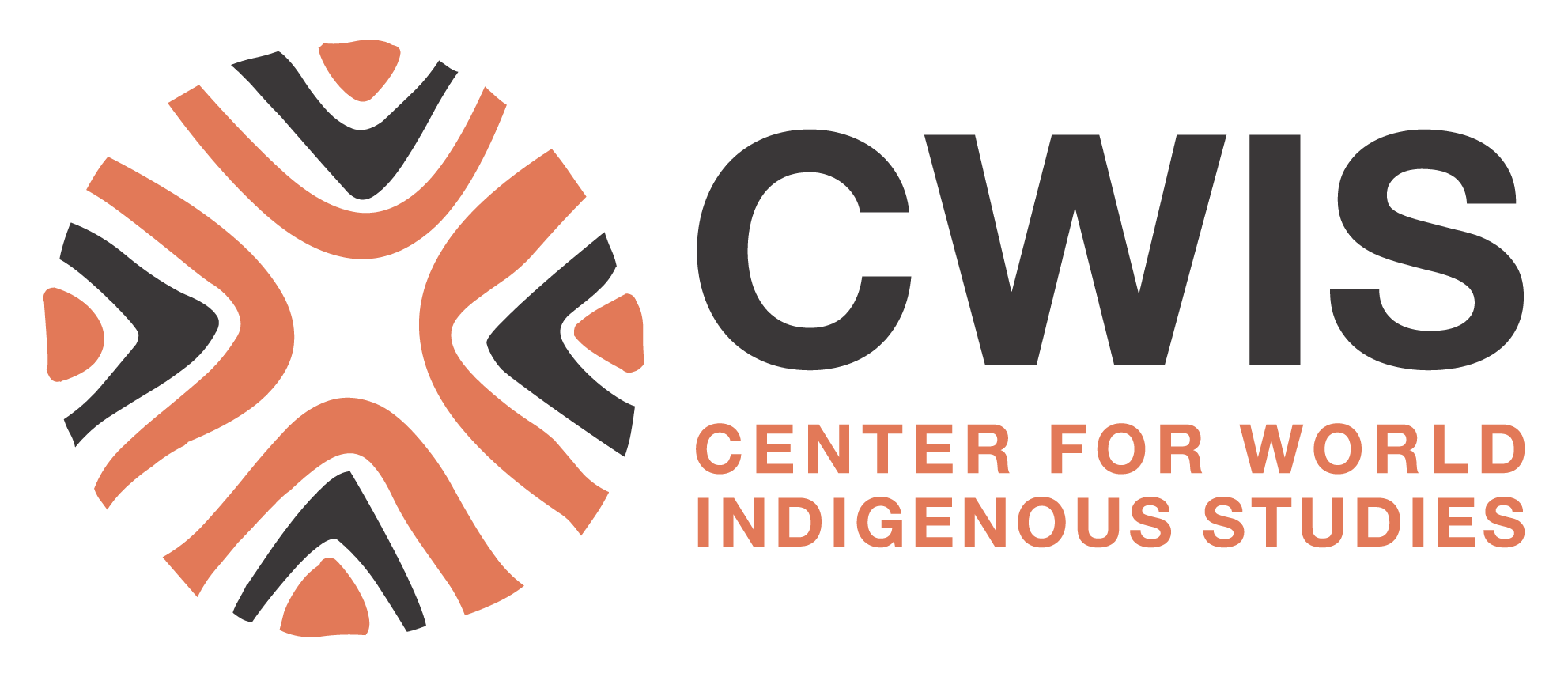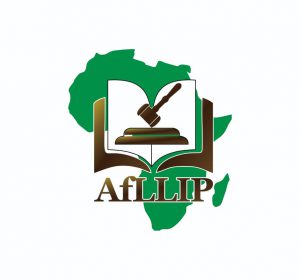This is the second in a series of posts introducing readers to various organizations, conferences, and/or listservs, relevant to the FCIL-SIS Interest Groups. The series seeks to increase awareness of avenues to learn about and connect with others interested in similar FCIL topics.
By Julienne E. Grant, Joan Policastri, & Sue Silverman
The FCIL-SIS’s Indigenous Peoples Law Interest Group is thriving. However, for those interested in other organizations and resources that focus on indigenous rights, see the following lists, organized by scope—international, United States, and individual U.S. tribes.
International
For additional information on indigenous rights in the international context, see Christopher C. Dykes, “UPDATE: Researching Indigenous Peoples International Law,” GlobaLex (June 2019), https://www.nyulawglobal.org/globalex/Researching_Indigenous_Peoples_International_Law1.html.
International Work Group for Indigenous Affairs (IWGIA), https://www.iwgia.org/en/. Based in Copenhagen, this NGO focuses on four areas in the indigenous context: climate change; land defense and defenders; territorial governance; and global governance.
United Nations Permanent Forum on Indigenous Issues (UNPFII), https://www.un.org/development/desa/indigenouspeoples/unpfii-sessions-2.html. The UNPFII serves as an advisory body to the UN Economic and Social Council. The Forum was established on July 28, 2000, with a mandate to address indigenous issues related to economic and social development, culture, the environment, education, health, and human rights.
Survival International, https://www.survivalinternational.org/. This NGO works “to amplify the tribal voice,” and its activities include lobbying for and protecting tribal land rights. The organization’s offices are in Berlin, London, Madrid, Milan, Paris, and San Francisco.
Cultural Survival, https://www.culturalsurvival.org/. According to its website, “Our work on the front lines of advocacy with international Indigenous communities is predicated on the United Nations Declaration on the Rights of Indigenous Peoples and our programming works to inform Indigenous people of their rights, issues and threats affecting their communities.” Cultural Survival is based in Cambridge, Massachusetts.
Indigenous Peoples Rights International, https://iprights.org/index. Headquartered in Beguio City in the Philippines, this NGO “works to protect Indigenous People’s rights and unite and amplify the call for justice to victims of criminalization and impunity.”

Center for World Indigenous Studies (CWIS), https://www.cwis.org/. The Center, which is based in Olympia, Washington, is a global community of “activist scholars” advancing indigenous peoples’ rights through the dissemination of traditional knowledge.
International Indian Treaty Council (IITC), https://www.iitc.org/. IITC is an organization of indigenous peoples from North, Central, and South America, the Caribbean, and the Pacific “working for the sovereignty and self-determination of indigenous peoples and the protection of indigenous rights, treaties, traditional cultures, and sacred lands.” IITC has offices in Tucson, San Francisco, and Guatemala.
United States
Turtle Talk, https://turtletalk.blog/. If you have the time and bandwidth for only one blog, make it Turtle Talk. Subscribing to it will keep you current on American Indian law issues (with links to primary materials) and on forthcoming conferences and webinars across the United States. Other types of current awareness posts include job opportunities and new scholarship. Frequent contributors include Matthew Fletcher (Michigan State University and Chief Justice of the Pokagon band of Potawatomi Indians Court of Appeals) and Kate Fort (Michigan State University).
Association on American Indian Affairs (AAIA), https://www.indian-affairs.org/. According to its website, “The Association has advocated for the protection and repatriation of cultural items and sacred lands for almost 100 years, including the development of the National Museum of the American Indian Act, the Native American Graves Protection and Repatriation Act, and the Safeguarding Tribal Objects of Patrimony Act and other new legislation that will support the return and protection of [American Indian] Cultural Heritage “ Information on the protection of Sacred Sites can be found here too, including on these ongoing struggles: DAPL (South Dakota), Oak Flat (Arizona), and Bears Ears (Utah). Information concerning the rights of nature, religious freedom, cultural expression, and languages is also available. AAIA sponsors an important annual conference on repatriation: https://www.indian-affairs.org/repatriation_conference.html.
National Congress of American Indians (NCAI), https://ncai.org/. According to its website, “The National Congress of American Indians, founded in 1944, is the oldest, largest and most representative American Indian and Alaska Native organization serving the broad interests of tribal governments and communities.”
National Indian Child Welfare Association (NICWA), https://www.nicwa.org/. According to its website, “NICWA works to eliminate child abuse and neglect by strengthening families, tribes, and the laws that protect them.” NICWA holds the “Annual Protecting Our Children Conference,” as well as workshops and trainings throughout the year.
United States Indigenous Data Sovereignty Network (USIDSN), https://usindigenousdata.org/. USIDSN’s “primary function is to provide research information and policy advocacy to safeguard the rights and promote the interests of Indigenous nations and peoples in relation to data.” Important work concerning indigenous knowledge is also being conducted at the World Intellectual Property Organization.
American Society of International Law (ASIL) Interest Group on the Rights of Indigenous Peoples, https://www.asil.org/community/rights-indigenous-peoples. If you are an ASIL member, joining an interest group has no additional cost, and the Indigenous Peoples interest group is very active, providing webinars and an excellent newsletter covering indigenous issues around the world, including the United States.

Indigenous Environmental Network, https://www.ienearth.org/. IEN’s activities include “building the capacity of Indigenous communities and tribal governments to develop mechanisms to protect … sacred sites, land, water, air, natural resources, [the] health of both [Indigenous] people and all living things, and to build economically sustainable communities.”
Other useful organizations include:
National Museum of the American Indian, https://americanindian.si.edu/.
National Indian Law Library, https://narf.org/nill/.
Native American Rights Fund, https://www.narf.org/.
Native American Law Students Association (NALSA), https://www.nationalnalsa.org/.
National Native American Bar Association, https://www.nativeamericanbar.org.
American Indian Library Association (AILA), https://ailanet.org/.
Missing & Murdered Indigenous Women USA (MMIW), https://mmiwusa.org/.
U.S. Tribes
The National Congress of American Indians has a directory of tribes (with contact information) on its website. The National Conference of State Legislatures includes a page listing federal- and U.S. state-recognized tribes. LLMC’s Indigenous Law Portal (U.S.) provides a wealth of information, including tribal websites and other legal information, such as tribal constitutions, laws, cases, and treaties for each of the fifty States. On individual tribe websites (accessible through the Portal), you can sign up for newsletters, find more information about culture, history, and art, and learn about upcoming educational events and conferences. The National Indian Law Library (mentioned above) has a Tribal Law Gateway with links to tribal law materials listed alphabetically by tribe. For access to tribal courts’ websites, see the list posted on the Tribal Court Clearinghouse website.




